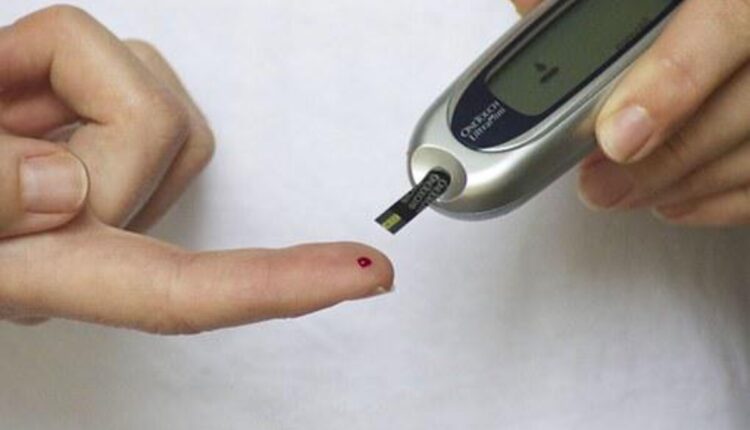What Are the Signs of Diabetes?
Some of the most obvious signs of diabetes include frequent urination, itchy skin, and excessive thirst. Your body’s cells may also be damaged and begin to dry up. These signs indicate that your body isn’t getting enough energy from food. High blood sugar levels can also affect blood flow, making it harder for the body to heal wounds. In addition, a person with diabetes can develop yeast infections caused by yeast feeding on glucose.
Weight loss
Unexplained weight loss is often a sign of diabetes. This condition affects the body’s ability to use sugar, causing it to use fat and muscle instead. Diabetes can lead to many health problems, including impaired vision and nerve damage. If you notice significant, unexplained weight loss, you should visit your doctor for a diabetes evaluation.
Itchy skin
A person with diabetes may notice itchy skin for various reasons, including poor circulation and bacterial infection. Other times, itchy skin reacts to an insulin injection or certain medications. Depending on the cause, itching can be a sign of a severe condition like diabetes-induced neuropathy. Similarly, itchy skin may be an early sign of prediabetes, a condition that could lead to type 2 diabetes. A person with diabetes should consult with their healthcare team if the symptoms are persistent and severe or if the skin becomes numb or tingling.
Numbness
Numbness is a common symptom of diabetes. The condition is also known as peripheral neuropathy, which can make walking difficult and cause falls. If you have the symptoms described above, you must visit a doctor. In addition, your blood sugar must be under control to prevent complications, including nerve damage to the feet.
Excessive thirst
Excessive thirst is a common symptom of diabetes. However, not all people who have diabetes have these symptoms. If you experience this condition, seeking a doctor’s advice is essential. Your doctor can provide you with diabetes treatments and information. Some of the treatment options include lifestyle changes and insulin therapy.
Increased urination
Increased urination as a symptom of diabetes is a severe health concern. Depending on the type, people with diabetes can produce between three to 20 liters of urine daily. This excessive output is not typical and may indicate underlying kidney or bladder problems. However, it could also be a symptom of diabetes since increased urination may indicate high blood sugar levels.
Darkened skin
Dark patches of skin on the body can indicate high blood sugar. The condition is called acanthosis nigricans, which can appear anywhere on the body. If you notice these patches, it is a good idea to get them checked by a dermatologist. It is possible that you already have the disease, but it is essential to get screened for it.
Fatigue
Many people with diabetes experience chronic fatigue, making everyday tasks challenging. However, people with diabetes can learn to manage this condition by following their diabetes treatment plan. They can also try relaxation techniques to help deal with the symptoms.
Slow-healing wounds
Wounds that do not heal properly are often signs of diabetes. Usually, a wound should heal within a few weeks. However, when a person has diabetes, wounds heal more slowly and are more likely to become infected. The body’s natural healing process includes four stages: inflammation, hemostasis, remodeling, and proliferation. Each stage of the wound healing process has a specific purpose. Each stage determines how fast a wound will heal and whether the wound is acute or chronic.



Comments are closed.